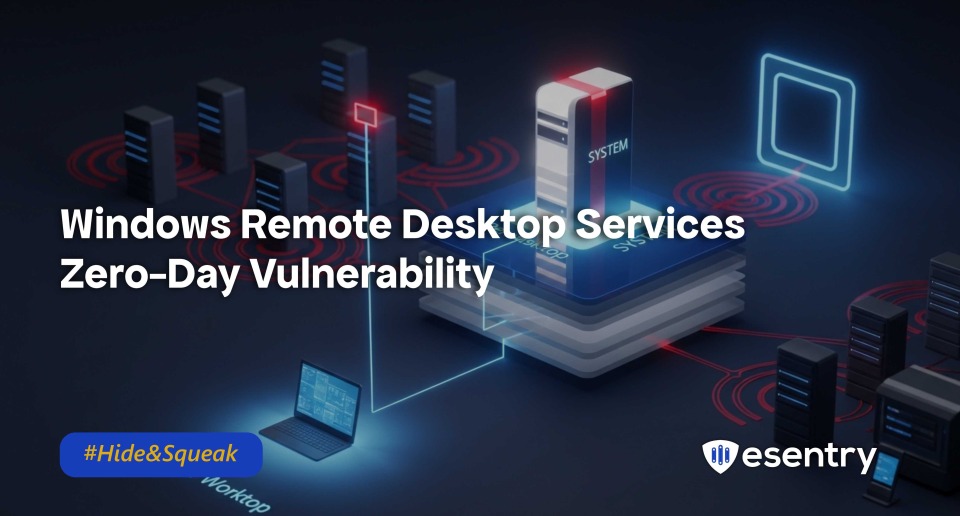A recent discovery has revealed critical vulnerabilities in the sudo command, a widely used tool in Linux systems that allows users to run programs with the security privileges of another user, typically the superuser or "root." This issue poses a significant risk to many popular Linux distributions, enabling local users to gain root access without proper authorization.
What’s the Problem?
The vulnerabilities found in sudo can be exploited by local users those who already have access to the system to elevate their privileges. This means that any regular user can secretly become the system’s boss (a.k.a. ‘root’), without permission, someone with limited access could potentially take control of thenentire system, leading to unauthorized actions such as:
- Accessing sensitive files
- Installing malicious software
- Altering system settings
Who Is Affected?
This issue affects many major Linux distributions, including:
- Ubuntu
- Debian
- CentOS
- Fedora and more
What should you do?
- Update Your System: The first and most important step is to update your Linux distribution. Check for the latest security patches and install them right away. Most distributions have a built-in update manager that makes this easy.
- Limit User Access: Review the users who have access to your system. Ensure that only trusted individuals have accounts, and consider limiting their permissions if they don’t need full access.
- Educate Users: If you manage a multi-user environment, educate your users about the importance of security and how to recognize suspicious behaviour.
Conclusion
The vulnerabilities in sudo are a serious concern for anyone using Linux. By taking prompt action to update your system and review user access, you can help protect your data and maintain the integrity of your system. Don’t assume that only “outside hackers” are dangerous internal misuse is real too.








.png)
.png)